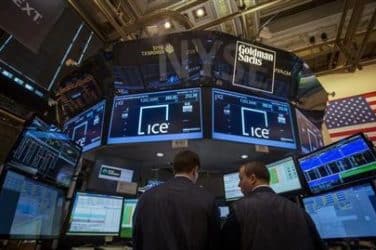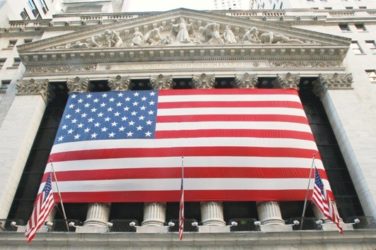After years of discussing the possible launch of a US equities exchange, the parent company of the Miami Options Exchange plans to dive into the crowded market sometime in early next year, reported the Wall Street Journal on March 4.
The industry’s reaction to the news of a potential thirteenth, or possible fourteenth or fifteenth exchange depending on the actions of the Long-Term Exchange and the Members Exchange, has been mixed.
“It’s another expression that the marketplace has the confidence, the technology, and the desire to take on the monopolistic exchange powers that exist today,” said Joe Wald, CEO of Clearpool. “It is a great reflection of what we heard out of MEMX and some of the other exchanges that with sufficient capital markets technology people believe that they can compete head-to-head for the quality of execution and speed in a far more cost-effective way.”
It honestly depends on what value Miami International Holdings expects to bring to the table, according to Spencer Mindlin, an analyst at industry research firm Aite Group.
“To spin up another independent exchange that does not necessarily save on costs the industry does not need another plain vanilla equities exchanges,” he told Markets Media.
A new equities exchange would further fragment the market, introduce more arbitrage opportunities, and increase overall costs for institutional investors if it introduces some form of innovation or solves existing problems in the current market, added Joe Saluzzi, co-founder and partner at agency brokerage Themis Trading.
Saluzzi would like to see a level of innovation similar to how the Investors Exchange disseminates its aggregated market data feed as opposed to the typical order-by-order manner.
“When you go order-by-order, you allow the high-frequency traders, and everyone else, to see everything that is going through your system,” he said. “It is much more difficult for them to spot and track everything you are doing like revising, canceling, and so on.”
All three agreed that the market is short on information regarding the expected exchange’s pricing, operations, and potential liquidity providers.
Saluzzi noted he was unsure if natural liquidity providers would be attracted to the new trading venues.
“They are going to feel a little nervous going into what essentially is a shark pool,” he said. “There’s ‘liquidity,’ but will it disappear every time volatility picks up? Will you find natural liquidity like you do in BIDS, Liquidnet, or IEX?”
The addition of up to three more equities exchanges also may push the US Securities and Exchange Commission to re-examine Regulation NMS and its Rule 611 on order protection.
For a market like the US equities market that lends itself to economies of scale, the market is broken, according to Mindlin.
“In any other industry that lends itself to wholesale, you would see the market gravitate to a few providers of sufficient scale that enable others participants in the supply chain to do more business,” he said. ”What you see in the secondary capital markets in the US is the opposite. Because of regulation, there is more and more fragmentation among the matching function, which is opposite what you expect with a commodity service.”
As a result, there has been consolidation within the market-market community, which has made it difficult for new market markets and liquidity providers to last in the market.
“You continue to see large liquidity providers acquire smaller ones like Sun Trading and Virtu acquisition of KCG and ITG,” said Mindlin. “It’s hard to imagine how much more room there is to consolidate.”
However, Saluzzi is wary of regulators changing the current rule.
“The HFT community has been trying to push that for a while,” he said. “That way, they can get around the NBBO and start all new games. If you have the best quote, you should be honored.”






